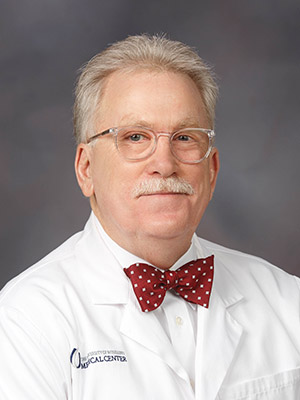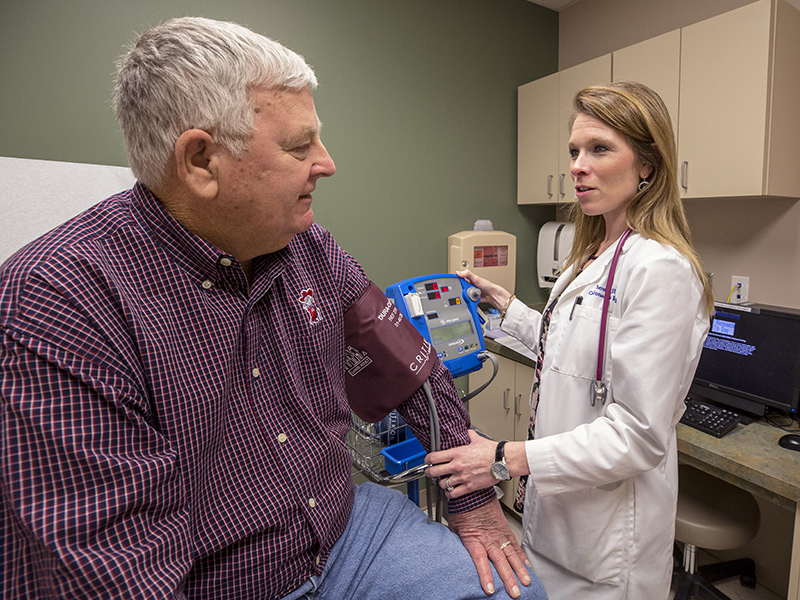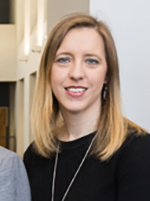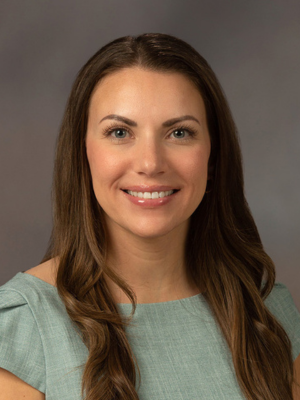Clinical researchers seek community partners for discovery enterprise
You don’t need an advanced degree or decades of experience to be a part of the University of Mississippi Medical Center’s research team.
UMMC’s clinical research studies require research partners, volunteers who give their time to participate in studies designed to learn about and discover treatments for everything from Alzheimer’s disease to women’s health.

Dr. Gailen Marshall, professor of medicine and medical director of UMMC’s clinical trials unit, pointed out ways that research benefits society.
“It allows us to make new discoveries about health and disease,” Marshall said. For instance, decades of research showed not only that smoking has negative effects on health, but that not smoking lessens the risk of multiple diseases.
Furthermore, “research provides new information that becomes the basis for educating doctors,” and other health care professionals, he said.
Marshall and other UMMC researchers spoke about the importance of basic, clinical and population research at a public town hall meeting Feb. 27. It was the first event in a series Medical Center leaders hope will foster stronger connections between UMMC experts and the public.

In observance of American Heart Month, presenters focused on cardiovascular research, ranging from basic laboratory studies of heart failure to tracking heart transplant outcomes.
Cardiovascular disease is one of the fastest-growing study areas at the Medical Center, and for good reason: This family of conditions is the leading cause of death in the United States.

“In 2013, UMMC’s Division of Cardiology had one active clinical trial,” said Connie Watson, a certified clinical research professional for the division. “During the last five years we’ve had 43 ongoing or completed research protocols.”
Some ongoing studies revolve around heart failure interventions, heart attack outcomes, high blood pressure and genetic influences.
While some studies are only open to people with particular diseases or conditions, others require healthy volunteers.
“You don’t have to be sick to be a participant in a study,” Marshall said.
UMMC has created a research partnerships webpage where the public can learn about ongoing clinical studies, what Medical Center researchers are investigating and some basic requirements for participating.
Anyone who wants to learn more about particular studies can submit an interest form online. UMMC representatives may contact applicants about clinical research opportunities that may match their demographics and interests, but there’s never any obligation to participate.
The town hall series, “Today’s Research, Tomorrow’s Cures,” will continue this summer with a discussion of cancer research at the Medical Center.

Leslie Musshafen, executive director of research at UMMC, said she hopes this series will continue to foster a public interest in science.
“[These town halls are] a way to bridge the gap and create an open forum for community members to learn about the innovative research that happens here and how they can be involved,” Musshafen said.



